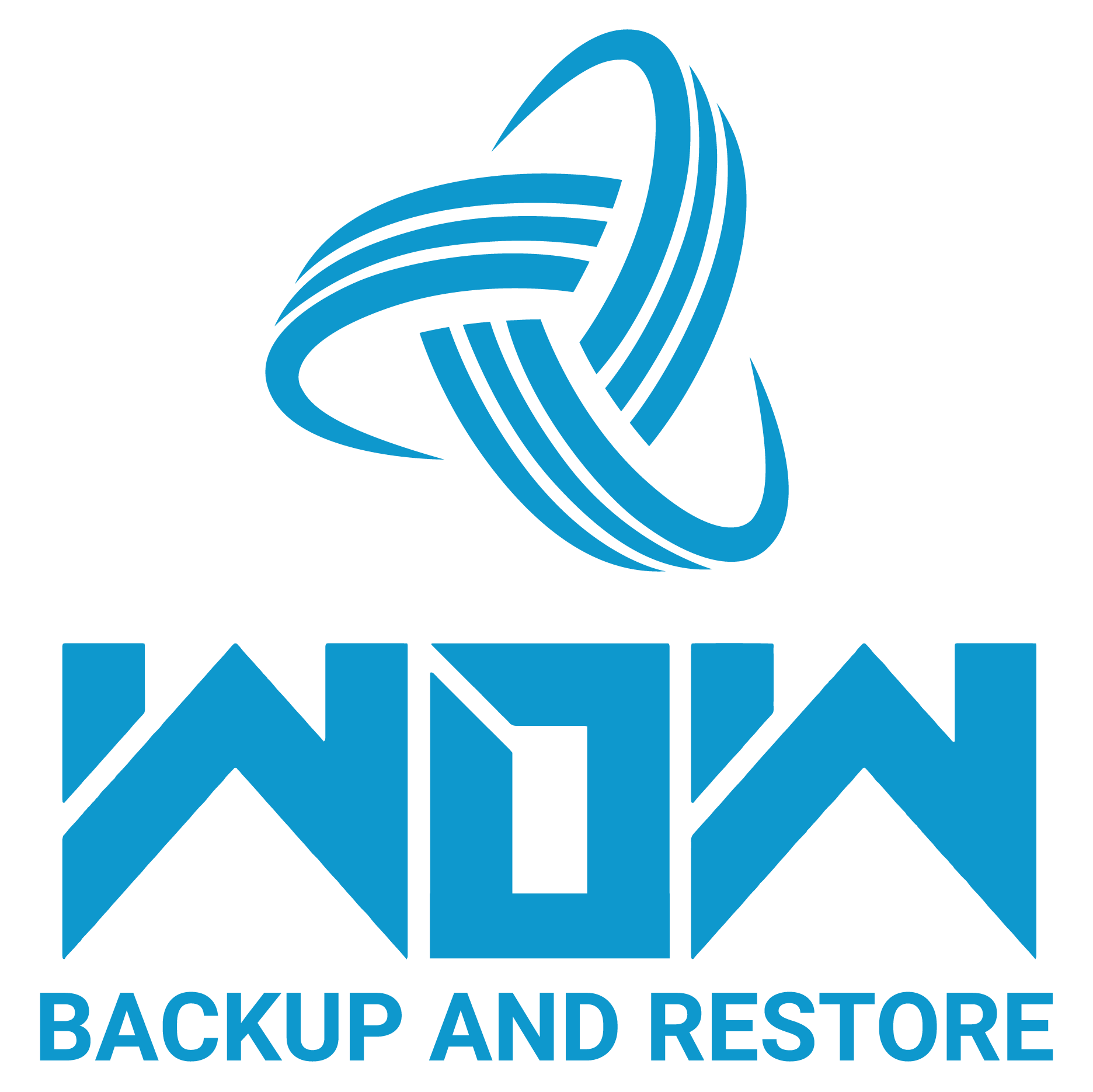There are many different types of data failure, and each one can have a major impact on businesses and individuals alike. System crashes, media failures, and application software errors are just a few of the potential problems that can occur. In some cases, data can be lost completely. In others, data may be corrupted or simply inaccurate. Whatever the case may be, it’s important to be aware of the potential for data failure and to take steps to protect your data.
Some of the most Common Database Failures:
System Crash- This failure usually refers to any kind of bugs or hardware malfunction in the operating system or the database software. It can bring the processing of transaction to a halt and can even cause the loss of content residing on the volatile storage such as main memory, cache memory, RAM, etc.
Statement failure- As we know, the database reflects the output based on the accessing or making changes inside a database. So, a statement failure, as it names suggests, can be referred to as the inability of database system to execute a database change.
Media failure- This type of failure is one of the most serious failures. In case of media failure, there are chances of the entire data loss if appropriate backup process is not followed. A common example of media failure is the disk head crash.
Application software errors- As the name suggests, this type of errors is caused due to several factors such as bad input, resource limit exceeded, or any such factors related to the application software. The logical or internal errors are also included in this category that causes the transaction to fail.
The most effective way to prevent business data loss is to back up all your files and documents. Backing up data means that you have at least one additional copy of all important data. For the most effective backup plan, store your backups in a physically separate location to prevent the risk of data loss from physical destruction or theft.
Cloud storage is also an effective means of backing up data as it stores data remotely and is easily accessed from any device through the Internet. Cloud storage often has more space than a traditional server and does not pose risks of crashing.

